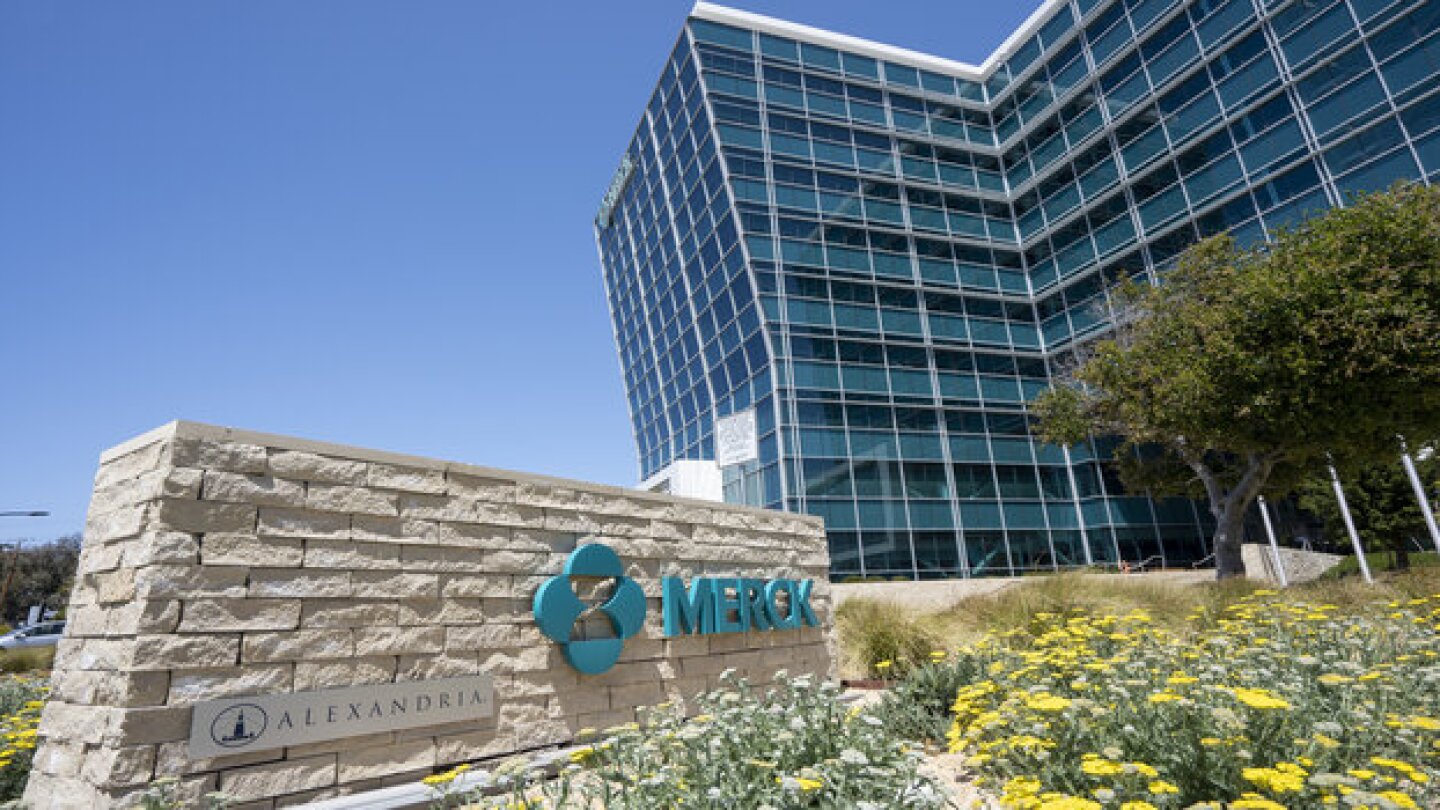Events
Phacilitate’s annual event dawns as cell and gene therapies reach a new tipping point: the science has hit new heights just as regulatory and government policies spark momentum and frustration.
As biotechs faced investors at the J.P. Morgan Healthcare Conference this week, they emphasized agreement with the FDA on clinical trial design and regulatory pathways to approval. Atara, meanwhile, lamented the agency’s “complete reversal of position” after its therapy for a rare surgical complication was rejected.
Biopharma companies—including AstraZeneca, BioNTech and Agios—peered farther into the future on the second day of JPM, setting both revenue and R&D targets through the end of the decade.
Speaking to BioSpace at the J.P. Morgan Healthcare Conference, Novartis’ chief dealmaker Ronny Gal explains why the Swiss pharma hasn’t acquired a GLP-1, and why it probably won’t.
Merck CEO Rob Davis expressed high confidence during the company’s J.P. Morgan presentation on Monday, revealing that the company is open to deals in the range of “multi tens of billions of dollars.”
Obesity took center stage on the first day of the 2026 J.P. Morgan Healthcare Conference, with industry frontrunners Eli Lilly and Novo Nordisk providing supply chain, regulatory and pricing updates.
Days after Johnson & Johnson’s posdinemab failed to slow clinical decline in patients with Alzheimer’s disease, Eisai Chief Clinical Officer Lynn Kramer expressed unwavering conviction in his company’s own anti-tau asset, while others suggest the Alzheimer’s field is heading in a completely different direction.
The cholesterol-lowering drug is part of a suite of medicines that also includes MariTide and that Amgen Chief Medical Officer Paul Burton hopes will make the company the “undisputed leader in the management of cardiometabolic risk for patients” by 2030.
Late-breaking Phase III data show ianalumab, Novartis’ dual-targeted antibody, reduced disease activity and patient burden in Sjögren’s disease, the pharma reported at the American College of Rheumatology Convergence congress on Wednesday.
As industry leaders gather at the annual event in Phoenix, the cell and gene therapy space remains in a state of flux, with M&A activity and regulatory support signaling momentum while commercialization challenges continue to hinder broader investor interest.
PRESS RELEASES










